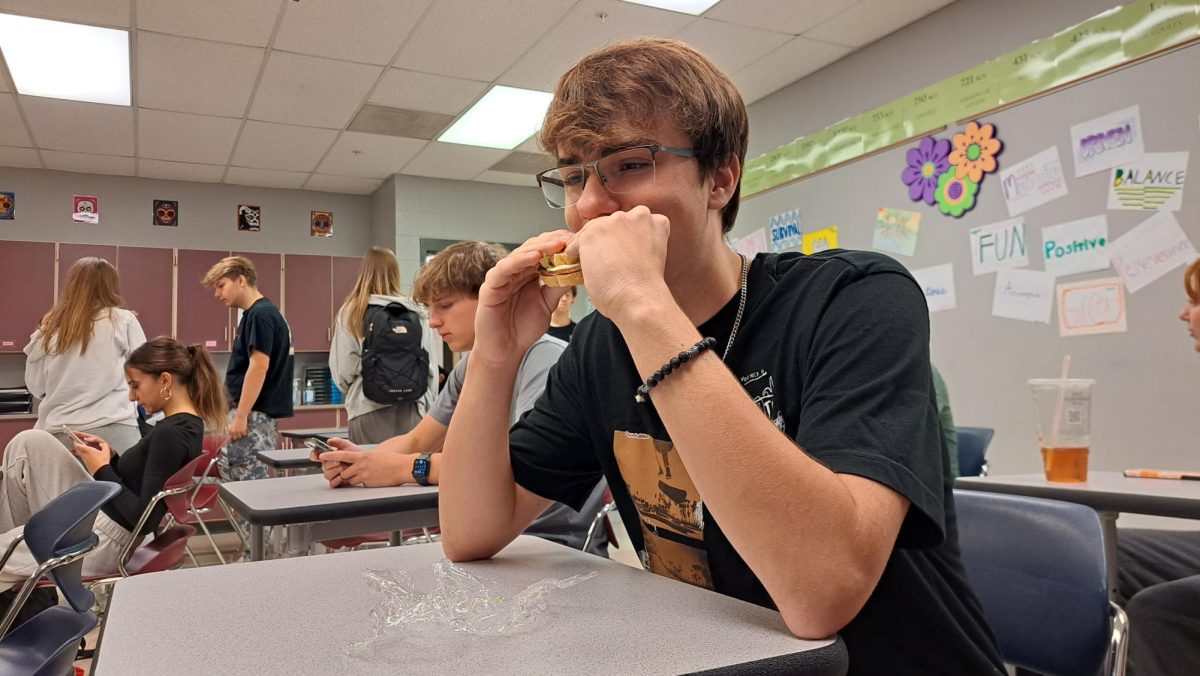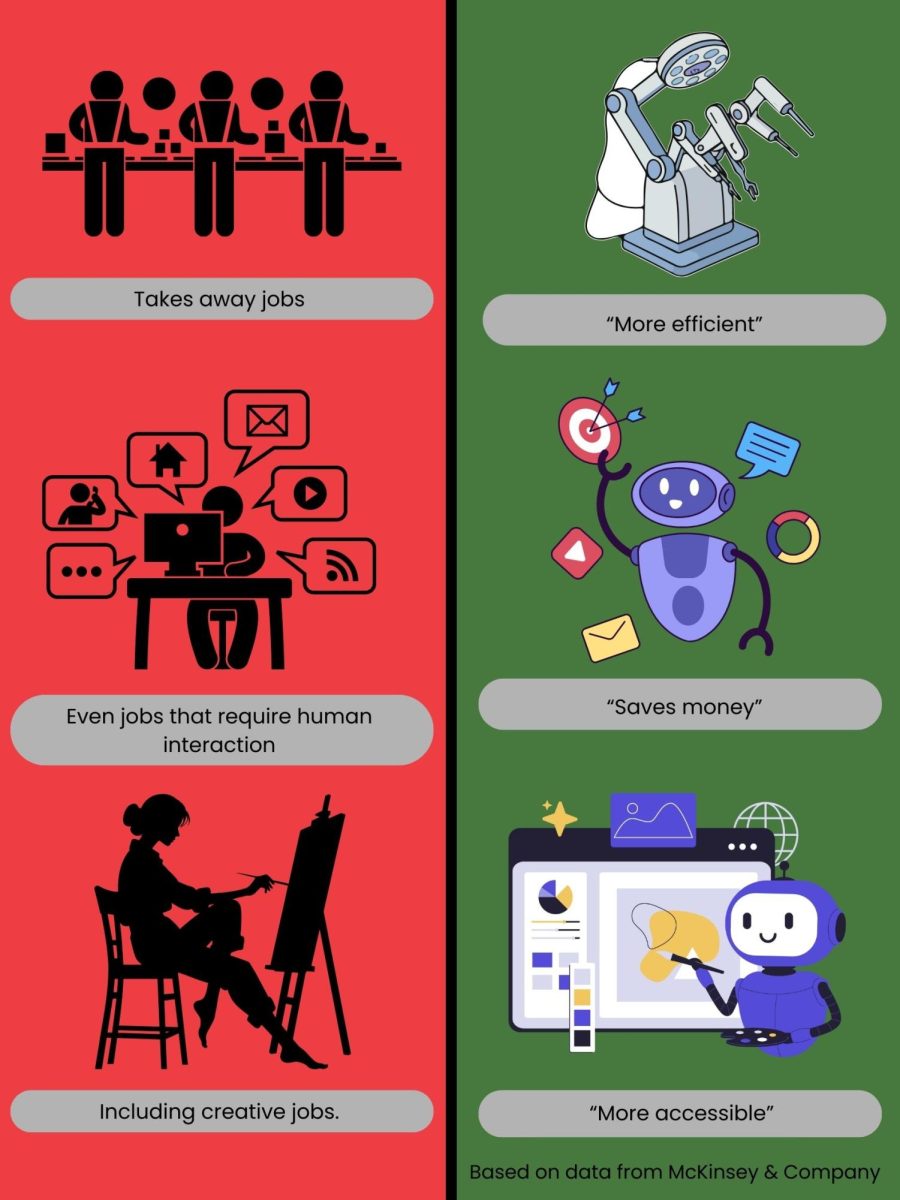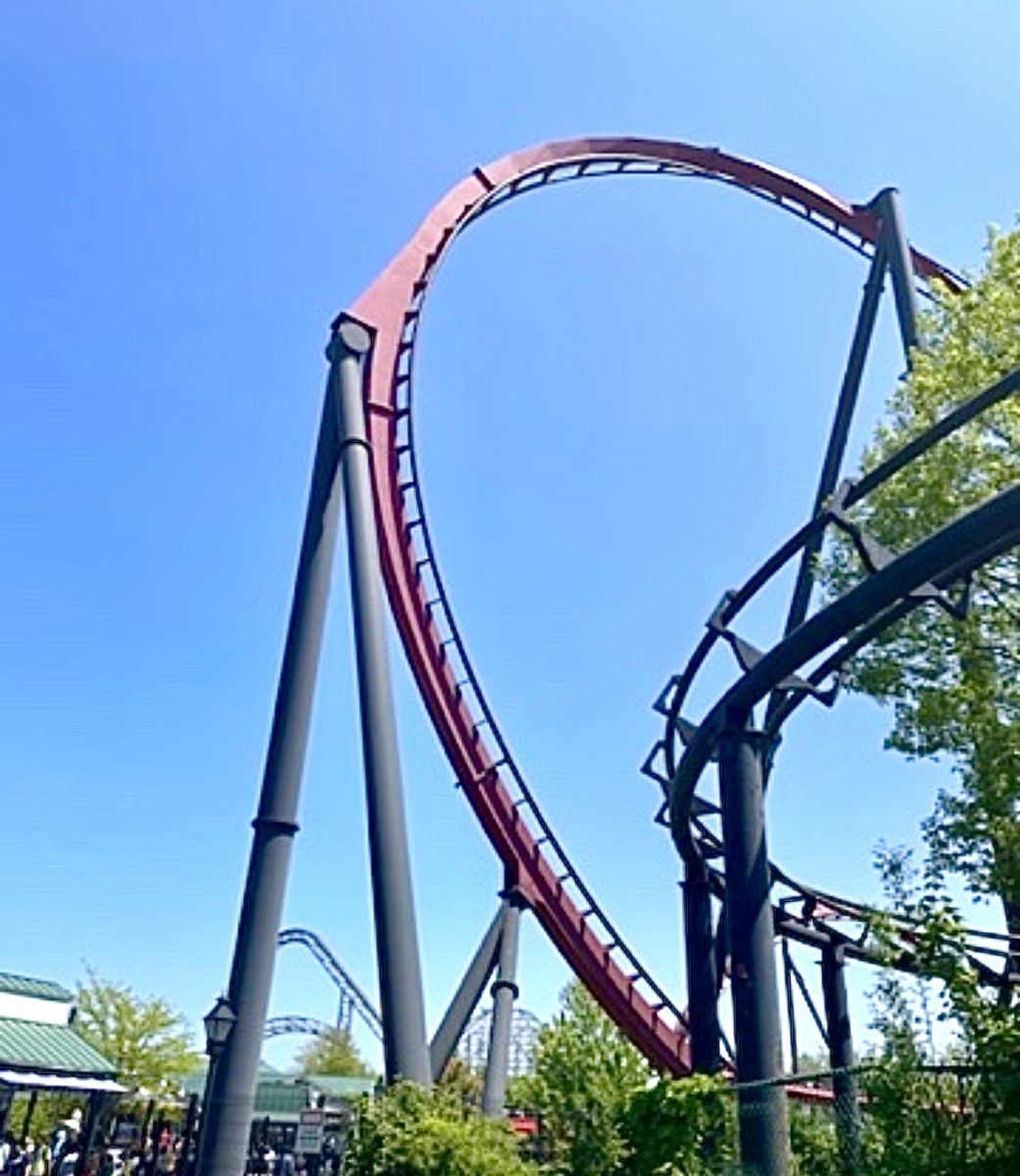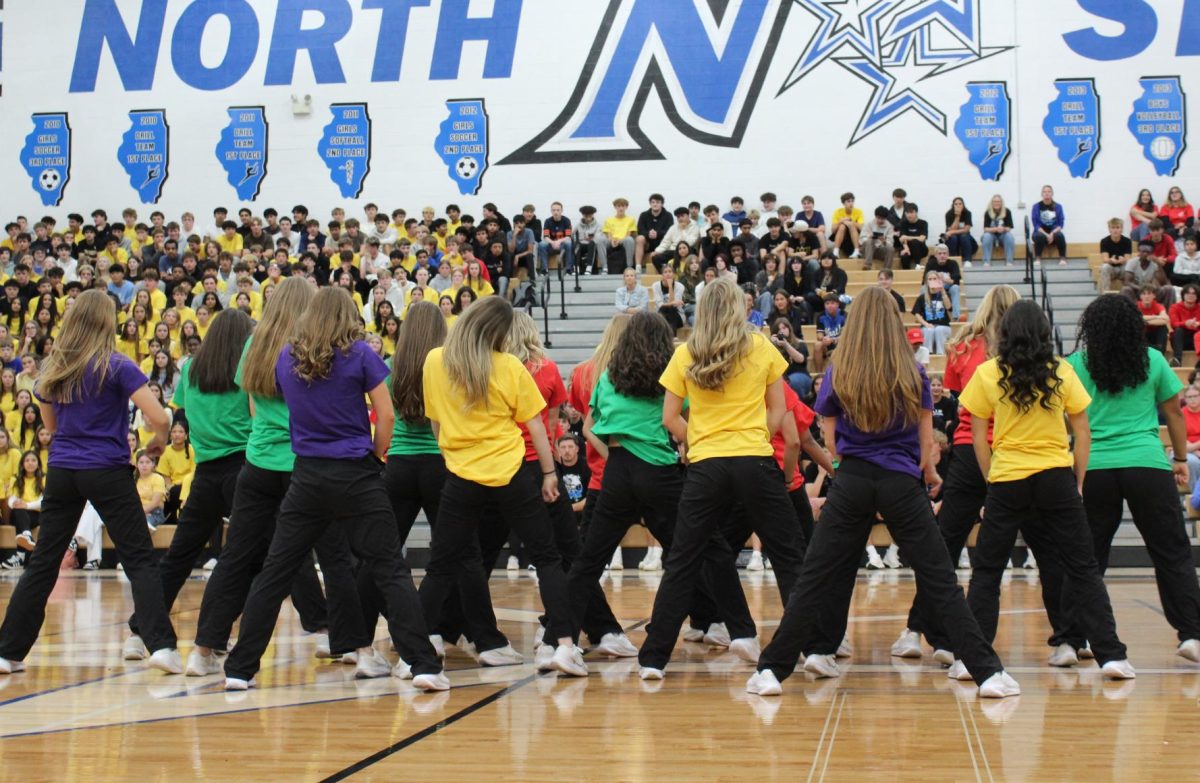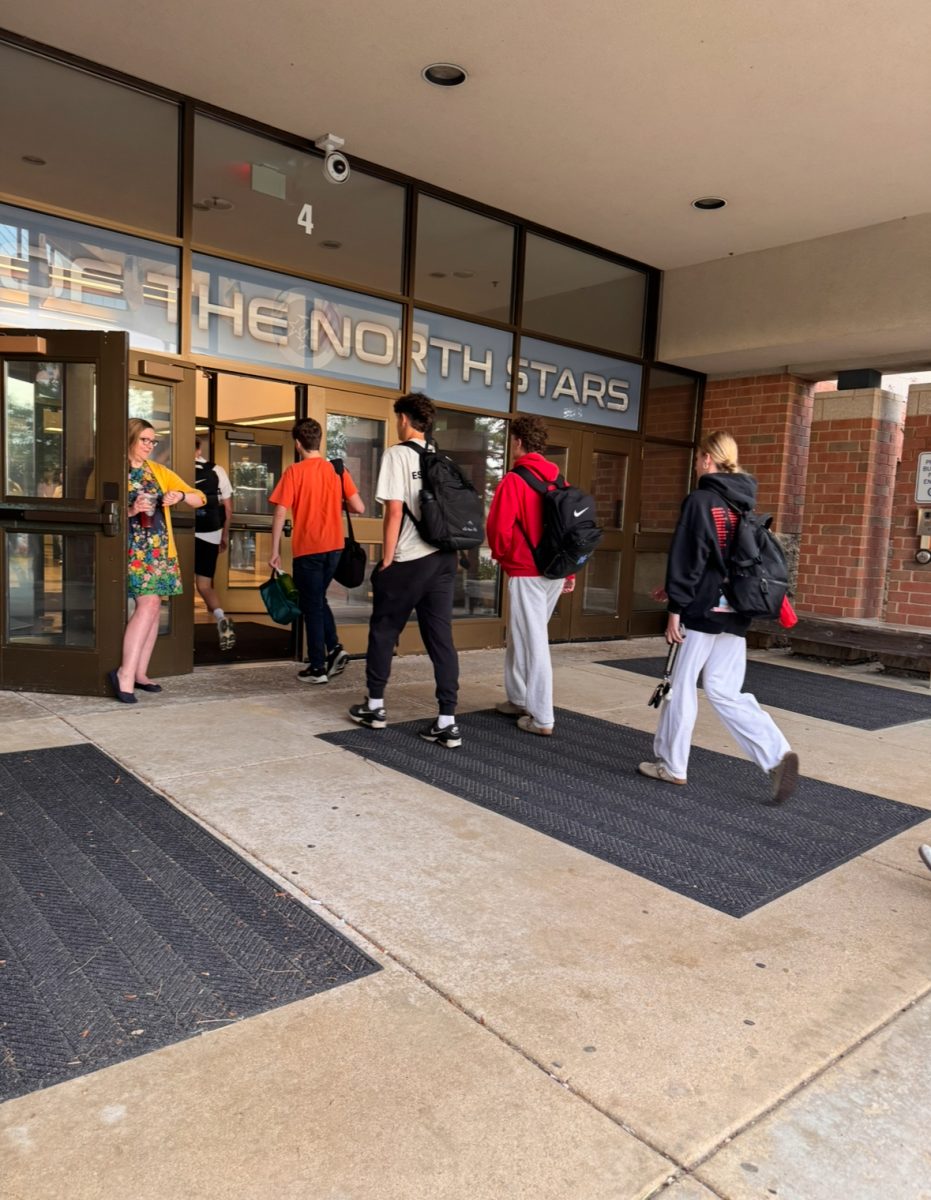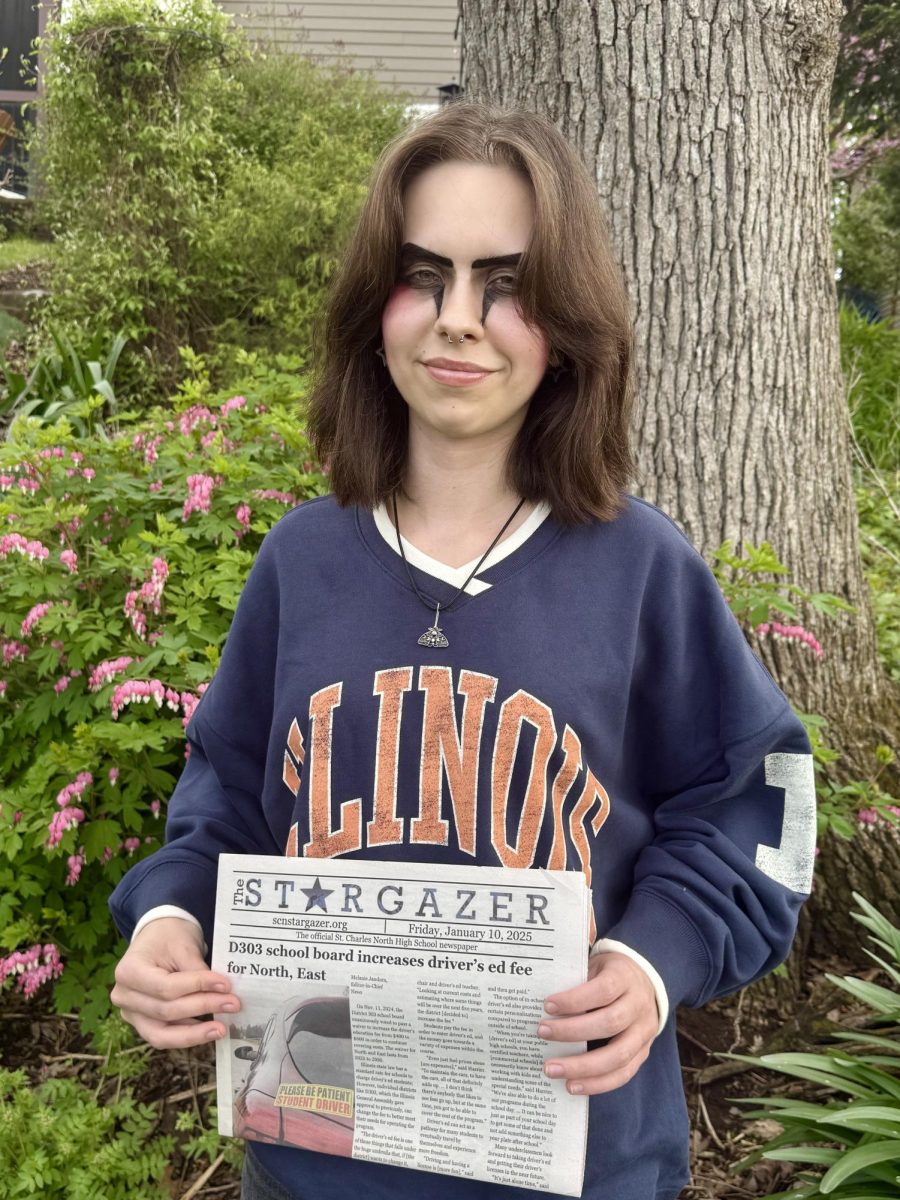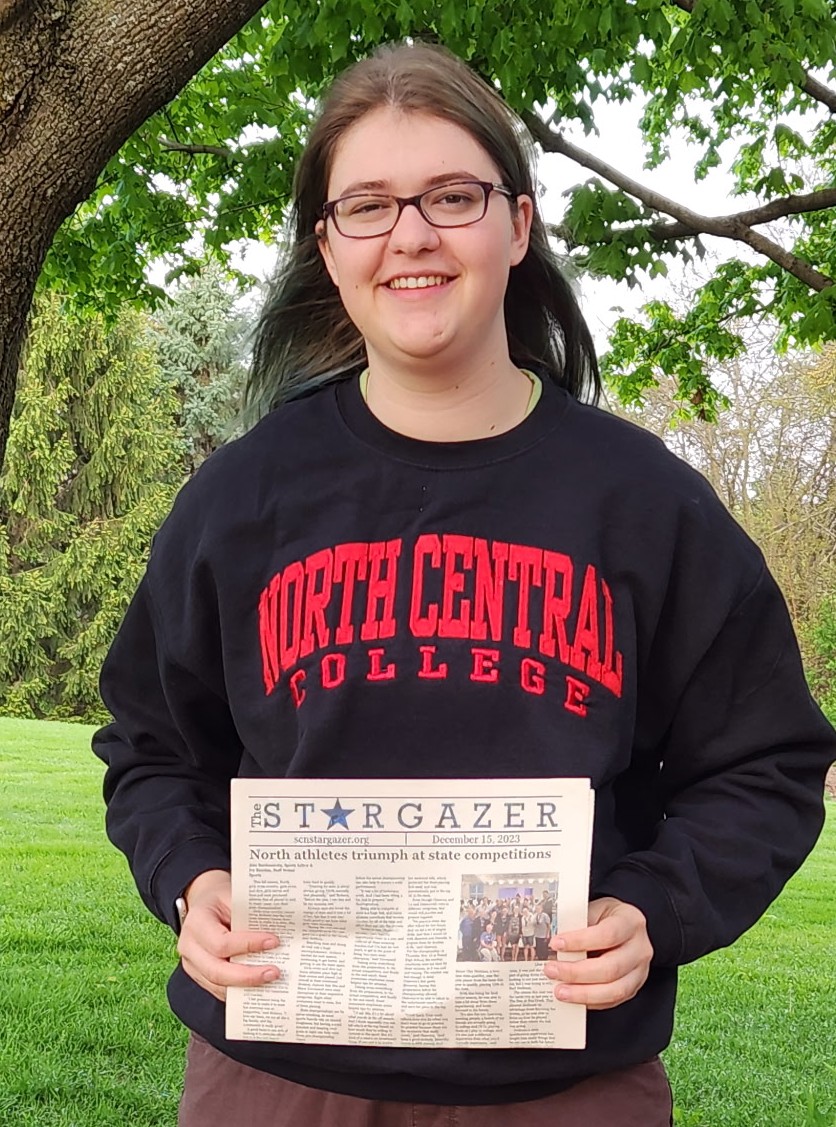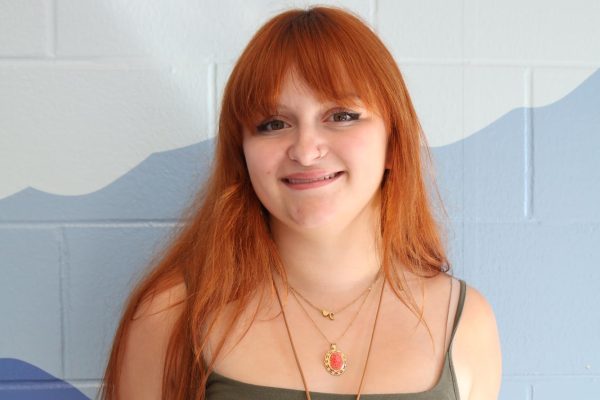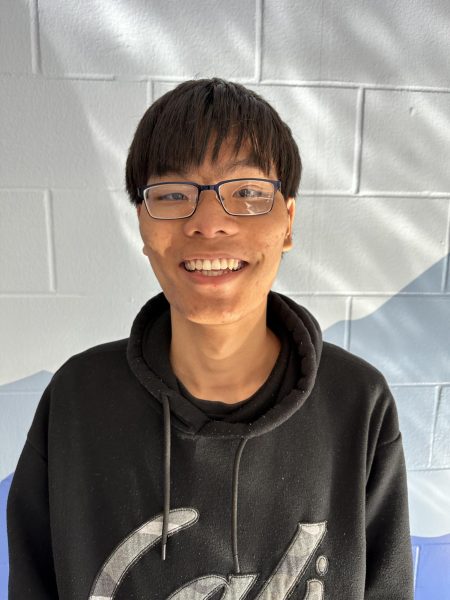Lunch can be a great time for North students to not only have a break to eat in between classes, but also to take a moment to relax and have a mental cooldown from schoolwork. However, we have also noticed that lunch is not as simple as it seems, for many students either don’t have time in their schedules and struggle to eat during the day, or find a lunch period unnecessary altogether.
Students at North are technically only required to take certain core classes depending on their grade level, whether it’s math, science, social studies, English, or physical education. Electives, though, are also offered and provide a variety of amazing experiences in music, art, foreign languages and even more subjects. They can also play a major role in pursuing higher education. A wide range of colleges and universities only accept students if they’ve taken certain electives, especially having to do with foreign language. So despite the fact that they are optional to graduate, students wanting to pursue higher education after high school don’t have much of a choice in taking them.
That’s a crucial reason that so many North students opt out of a lunch period each year; they take too many electives combined with core classes for there to be any room in their limited schedules. The problems then occur when they still need to find time to eat during the typical seven hour long, eight period school day.
It’s a roll of the dice beginning every year for which of our classes allow eating. For instance, science, art and music courses are widely expected not to allow food as it can be a general cleanliness and even safety hazard considering all the materials being used. With other classes at North, it isn’t so predictable due to factors such as allergies and location in the school, leading many students to eat during passing periods. With allergies in particular, there are better solutions to banning food in classrooms altogether such as not allowing specific snacks.
Some teachers do provide the option for students to go into the pods to eat for part of the class period, but it usually means missing out on learning or instructions.
On the other hand, there are students at North who just don’t see the point in a lunch period for themselves. Not everyone enjoys the idea of a loud, bustling cafeteria full of their peers when they could instead spend that time taking a quiet, full period study hall. Some study hall advisors allow students to eat during the class period, meaning students could have a chance to take a quiet break where they could eat and work if desired.
The issue in some of these scenarios is that food is not allowed out of the cafeteria for a student unless they have a “cafe pass” sticker provided by the deans on their ID. This sticker can be given to students that replaced their lunch with something like Yearbook, Writing Center, Peer Leadership, or other electives. Unfortunately, these guidelines aren’t very clear, and can cause confusion for many students, especially freshmen who are new to so many aspects of the school and how it operates. To help with this issue, information could be offered on the school’s website explaining these guidelines and who to contact.
Additionally, when students have a lunch period in their schedule, half of that class period is a study hall no matter what, meaning that students have to get up halfway through the allotted time to either go to their study hall or lunch (depending on which is first). This can be a huge inconvenience and waste of time, and even make the entire idea of a lunch period seem unnecessary. It also takes away from the idea that lunch can be a break to socialize, as the lunch portion is only around 20 minutes long.
Ultimately, every student needs to decide for themselves what they want in their schedule. There are pros and cons to including a lunch period within your day, and there is no one-size-fits-all solution. Some students would rather opt into extra electives, Peer Leadership, or other options rather than have a class period dedicated just for eating. When looking at all your options, it may be surprising how many negatives call into question whether a lunch period is really worth it.
The purpose of our staff editorials is to start a conversation. The editorial topic and stance are discussed and agreed on by all members of the editorial board. Stargazer credits the writers of any staff editorials; however, the editorial does not represent the views of any individual writers and instead reflects the consensus of the editorial staff as a whole. To join the conversation, you can leave comments on any articles according to the guidelines found in our Editorial Policy.


